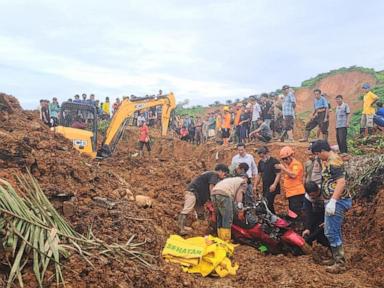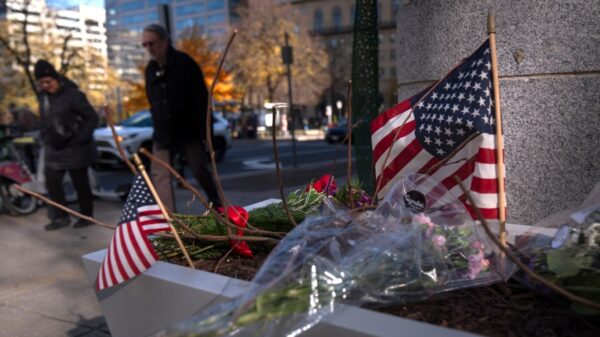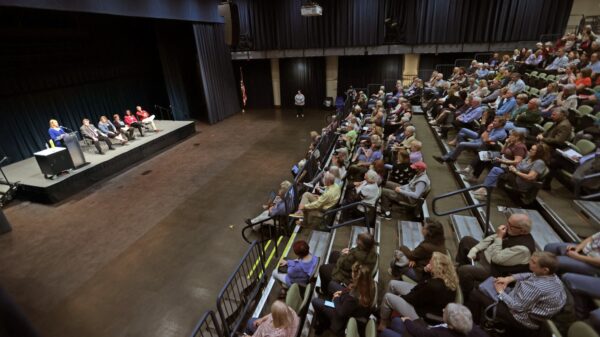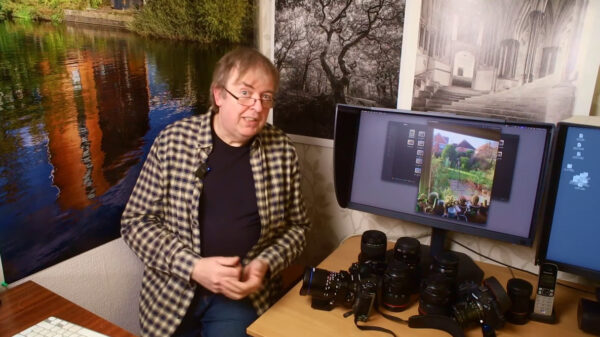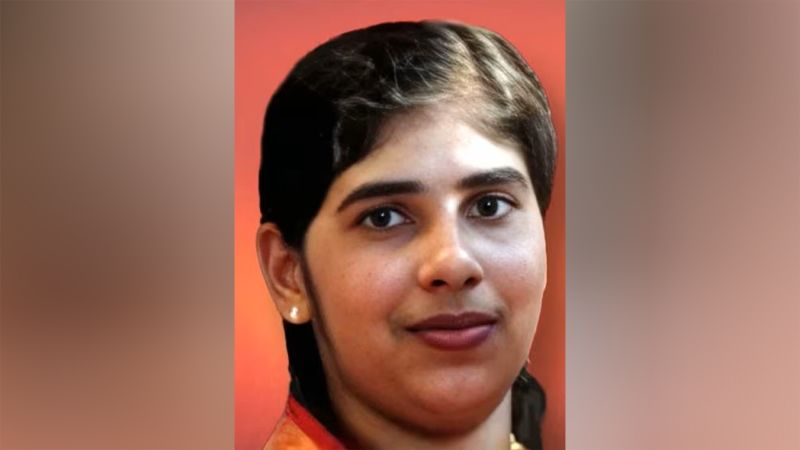Relatives of Indian nurse Nimisha Priya are urgently seeking to prevent her execution in Yemen, with a court date set for March 6, 2024. Priya was sentenced to death for the murder of her former business partner, a Yemeni national, whose remains were found in a water tank in 2017. The case has prompted widespread media coverage in India and drawn attention from human rights organizations.
In 2020, a court in the Yemeni capital of Sanaa handed down the death penalty to Priya. Her family has been advocating for her release ever since, facing challenges due to the lack of formal diplomatic relations between New Delhi and the Houthi-controlled region. As the execution date nears, human rights groups have intensified their calls for intervention. Amnesty International urged the Houthis on March 4 to halt all executions, emphasizing that the death penalty constitutes “the ultimate cruel, inhuman and degrading punishment.”
In accordance with Yemen’s Islamic laws, Priya could receive clemency if the victim’s family pardons her and accepts financial compensation known as “diyah,” a form of blood money. Samuel Joseph, a social worker assisting Priya’s family, expressed hope for a positive resolution. “I am optimistic,” he stated, highlighting that the Indian government is providing support for her case.
The circumstances surrounding Priya’s conviction are contentious. She is accused of administering an overdose of sedatives to her business partner but maintains that she acted in self-defense against an abusive individual who withheld her passport during the civil unrest. Her trial, conducted in Arabic without a translator, raised concerns about the fairness of the proceedings.
Efforts to Secure Release Amidst Political Turmoil
Activists and lawyers have formed the Save Nimisha Priya Action Council to raise funds for her legal battles and negotiate with her former partner’s family. Rafeek Ravuthar, a council member, noted that negotiations are challenging, particularly due to the absence of an Indian embassy in Yemen. The council has raised approximately 5 million rupees (nearly $58,000) to support Priya’s case.
Politicians from Priya’s home state of Kerala have urged Indian Prime Minister Narendra Modi to take action. Kerala’s Chief Minister Pinarayi Vijayan wrote a letter appealing for intervention, expressing sympathy for Priya’s situation. In February, India’s Minister of State for External Affairs, Kirti Vardhan Singh, assured Parliament that the welfare of Indians abroad is a high priority for the government, stating that efforts are ongoing to assist Priya’s family.
Priya moved to Yemen in 2008, joining many from Kerala seeking better opportunities in the Middle East. She began her career as a nurse, aspiring to establish her own clinic and secure a future for her family. In 2014, with her husband Tomy Thomas’s support, she opened a clinic in Sanaa, but her dreams soon faced the harsh realities of escalating conflict.
Yemen has devolved into chaos, particularly since Houthi rebels seized the capital in 2014. The ongoing civil war has made the security situation dire, prompting many foreigners to evacuate. Despite this, Priya chose to stay, believing in the potential of her business and her commitment to her family.
India does not maintain direct diplomatic ties with the Houthis, and all consular affairs are managed through the Indian Embassy in Djibouti. This complicated framework has posed significant challenges for those advocating for Priya’s release, limiting access to legal resources and support.
Family’s Struggle and the Impact of Conflict
Yemen ranks among the top five countries for executions, as reported by Amnesty International, which confirmed at least one execution carried out by the Houthis in 2024. Priya’s mother, a domestic worker from Kerala, has been in Yemen for over a year to facilitate her daughter’s negotiations. She sold her home to fund legal fees, demonstrating the profound personal sacrifices made by the family.
Priya’s husband and young daughter remain in Kerala, holding onto hope for her release. “My wife is very good; she is very loving,” Thomas remarked, emphasizing his unwavering support. “That is the sole reason I am with her, supporting her and will do so till the end.”
As the clock ticks down to the scheduled execution, Priya’s family and advocates continue to push for a resolution that could spare her life. The coming days will be critical in determining her fate, as they navigate a complex web of legal and diplomatic challenges in a nation marked by turmoil and instability.









